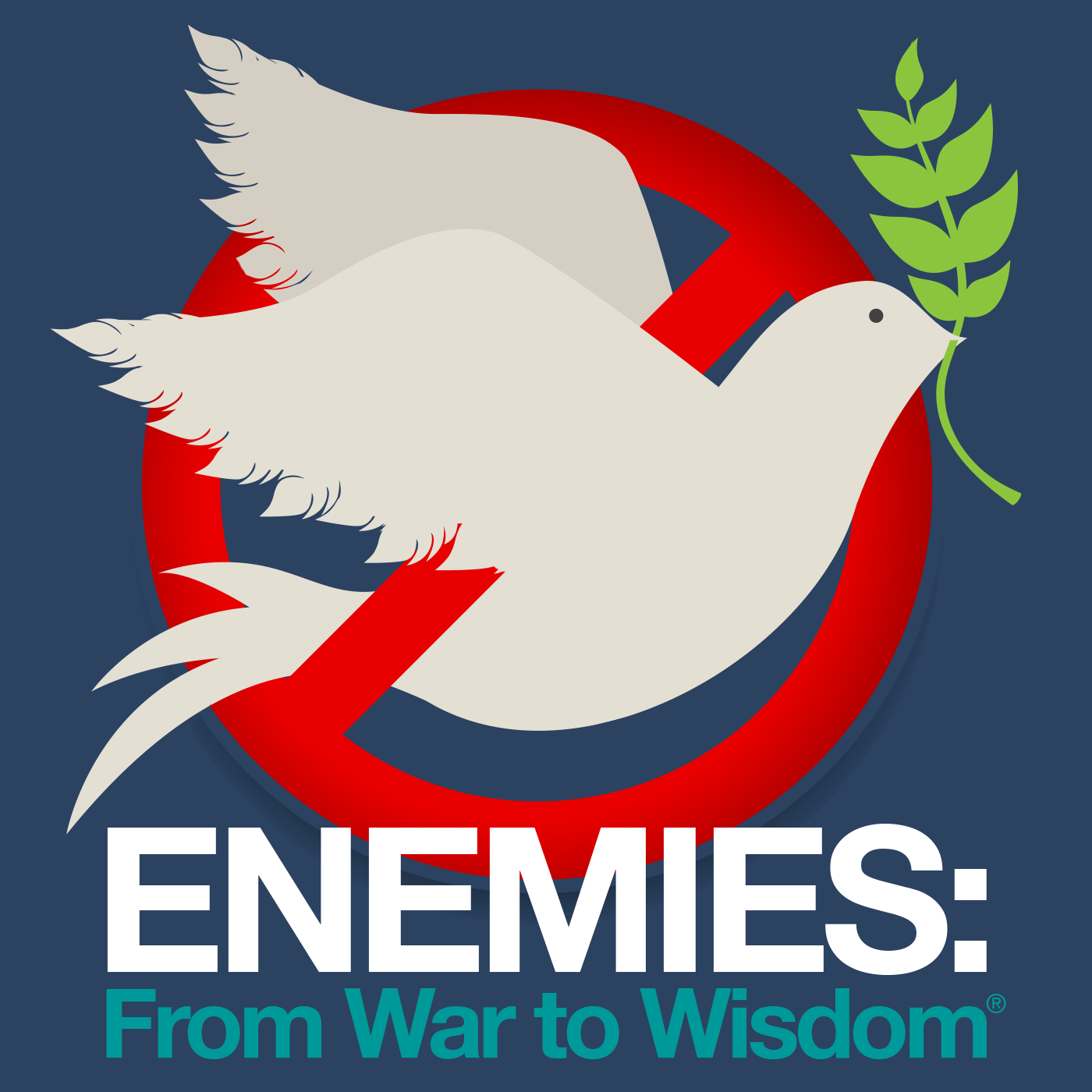Humiliation is the experience of being exposed in our weaknesses and losing our social status in a couple or group. Being humiliated naturally evokes rage as a protective mechanism because an individual feels undermined and loses face in front of others. As we have pointed out many times on the podcast, human beings are naturally self-promoting and self-protective in groups and families. The humiliation-rage cycle is an interactive cycle between two people or groups who use shaming and blaming or “calling out” faults as a means of handling conflicts and differences. In this episode, we will talk about how destructive this cycle quickly becomes and how it should be avoided at every step of the way during conflicts in which the two parties actually want to change the other’s perspective or make an impact. In the humiliation-rage cycle, individuals get caught in the “fog of war” – a pervasive uncertainty about what they are saying, defending, and intending and why they are doing so. Keeping emotional threat levels low is always the best way to begin a conflict and to avoid the humiliation-rage cycle.

In our podcasts, we have defined “self” as an “interactional process” with others. Self becomes a habitual set of dynamics with others, connected to...

On earlier podcasts, we have talked about what it means to be a human being, an individual person who has a complex experience of...

There are many public debates about “free speech” in terms of limiting “hate speech” that includes insults, hostility, or slander against others, especially “vulnerable...